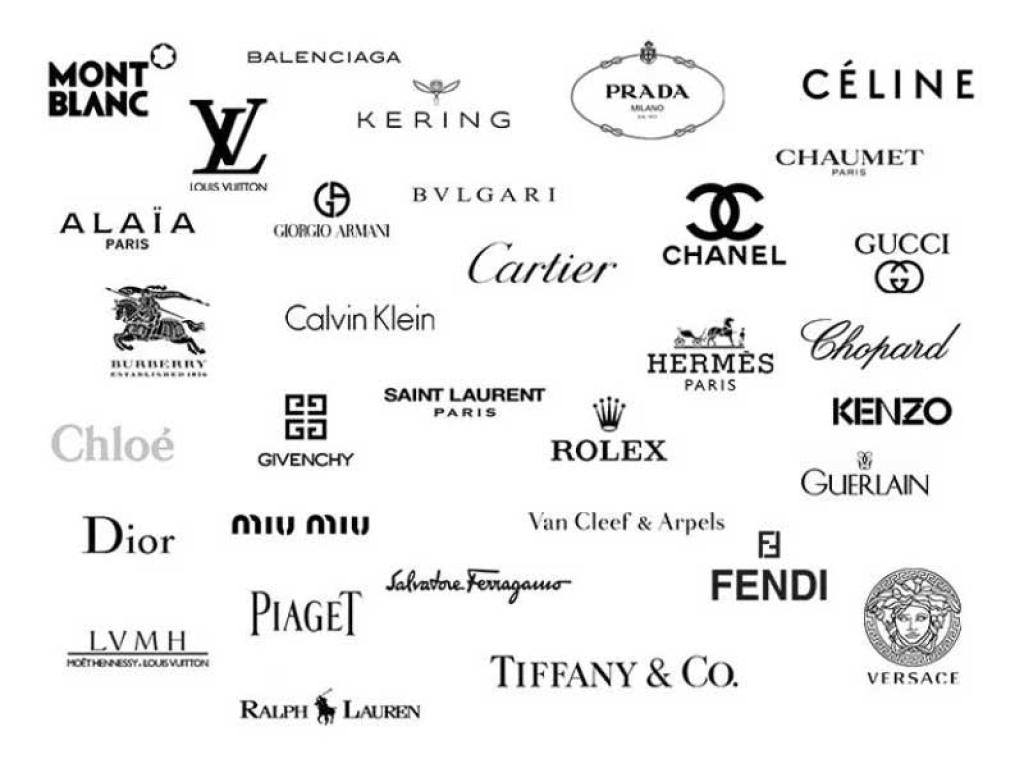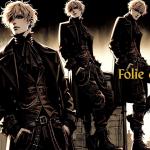As the industry adapts to these changes, several key trends are emerging that could redefine its future.
Economic Pressures and Market Dynamics
The luxury sector has historically shown resilience, but recent economic downturns have prompted a reevaluation of strategies.
According to McKinsey's analysis, while the luxury segment is projected to grow by 3 to 5 percent globally in 2024, this is a decline from previous growth rates of 5 to 7 percent. Factors such as inflation and shifting consumer priorities are leading affluent buyers to be more discerning in their spending habits.
Burberry's exit from the FTSE 100 serves as a cautionary tale for other luxury brands. It highlights the need for companies to innovate and adapt to changing consumer preferences while maintaining brand integrity. The current environment calls for a balance between exclusivity and accessibility, as consumers increasingly seek brands that resonate with their values.
The Shift Towards Digital Transformation
The digital landscape is reshaping how luxury brands interact with consumers. With an estimated 20% of luxury goods sales expected to come from online channels by 2025, brands are ramping up their digital strategies. This includes personalized online experiences and leveraging social media platforms for direct engagement with customers.
Brands like Louis Vuitton and Gucci are at the forefront of this digital evolution. They are employing advanced technologies such as AI-driven chatbots and virtual fitting rooms to enhance customer experiences. This shift not only caters to tech-savvy consumers but also helps brands maintain relevance in an increasingly competitive market.
Sustainability and Ethical Consumption
Another significant trend reshaping the luxury fashion landscape is the growing emphasis on sustainability. Consumers, particularly Millennials and Gen Z, are prioritizing ethical consumption and expect brands to align with their values. Brands like Gucci have responded by incorporating sustainable materials into their collections and adopting eco-friendly practices . The second-hand luxury market is also gaining traction, projected to account for up to 20% of a luxury brand’s revenue by 2030. This shift reflects a broader societal movement towards mindful consumption and waste reduction, compelling brands to rethink their production processes.
The Emergence of 'Loud Luxury'
As the industry evolves, so too does its aesthetic sensibility. The trend is moving from 'quiet luxury'—characterized by understated elegance—to 'loud luxury,' which embraces bold colors, prints, and logos. This shift signifies a desire for self-expression among consumers who wish to make statements through their fashion choices . Brands are responding by reimagining their marketing strategies to resonate with younger demographics who value authenticity and personalization. For instance, collaborations with influencers and user-generated content are becoming essential tools for engaging consumers in meaningful ways.
A Path Forward
The luxury fashion market is at a crossroads, facing both challenges and opportunities as it adapts to a rapidly changing landscape.
Brands that embrace digital transformation, prioritize sustainability, and understand evolving consumer preferences will likely emerge stronger in this new era.
As economic uncertainties persist, the ability to innovate while staying true to brand heritage will be crucial for luxury labels aiming to maintain their status in an increasingly competitive market.
The future of luxury fashion may well depend on how effectively brands can navigate these complexities while creating compelling narratives that resonate with today's discerning consumers.









